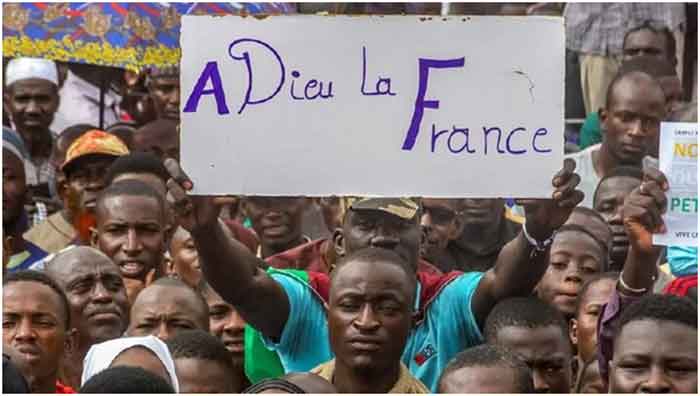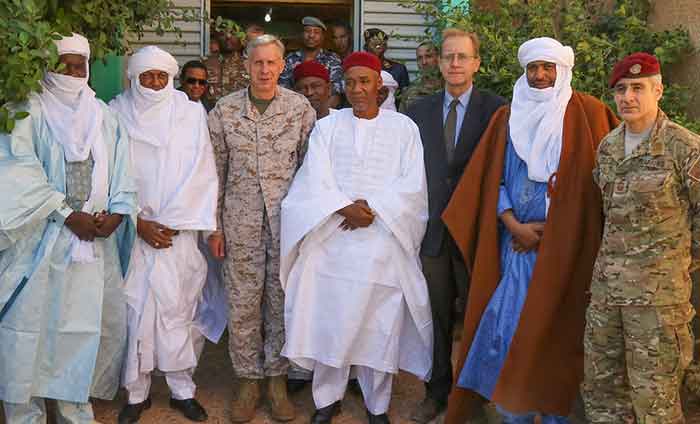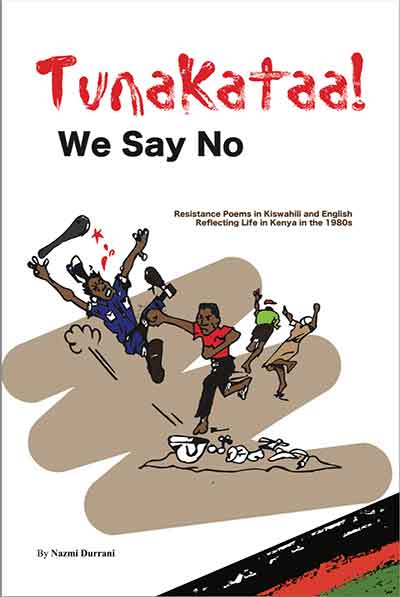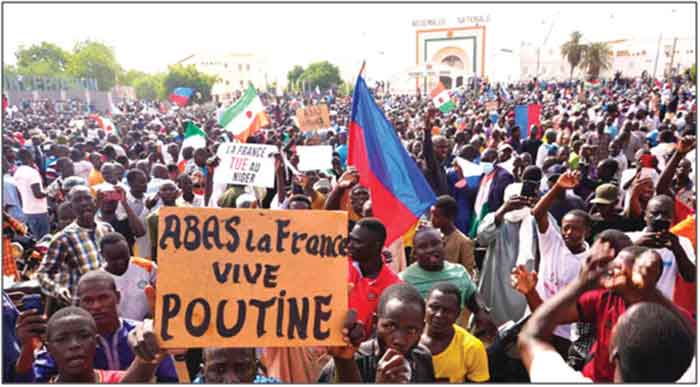
Apparently, it is coup season in Africa, and the reasons for these upheavals always vary, from outright power grabs by opposing political factions to foreign-backed attempts at controlling central governments and resources. Pointing out governance issues identifies a serious aspect around the ‘ease’ at which coups take place successful or not.
Regional and continental entities are generally at the forefront of responding to political upheavals within borders, unfortunately, the same institutional weaknesses plaguing governance in African countries have also befallen the African Union (AU) which is supposed to be a deterrent to unconstitutional activities within member states. Chad, Niger, and Mali have also had recent coups occur and the response of regional bodies as well as the AU can only be labelled as ‘template’ responses which assuage the routine calls for return to ‘normalcy’ by other international organizations or foreign governments as opposed to addressing the core issues that lead to these coups in the first place. Following the September 5th coup in Guinea, the AU and the ECOWAS issued condemnation of the action followed by a suspension of the country from all African Union and ECOWAS activities and decision-making bodies. The glaring problem being that the responses are essentially the only responses the AU in particular gives in situations of political instability. While these predictable moves may hinder plans of coup plotters on the international stage, a double-edge sword is in play because the affected nations still have dire conditions that inspire desperate power-grabs and traumatic upheavals while the AU as an organization will be praised by global neoliberal institutions for taking definite action.
The alarming rate of coups on the continent are an indicator that firmer measures are required from the AU and respective regional bodies as a deterrent to coups, and since ‘scolding’ governments is almost always ignored by coup plotters, different strategies are clearly needed. The rate of coups in recent times also shows the brazenness of the actors and disregard for the populations within and how these upheavals disrupt and, in many cases, traumatize the lives of the masses in these countries.
Admittedly, the AU’s principle of non-intervention is an established part of international law and is parallel to member state sovereignty and political independence, but this only increases the importance of accountability measures in the face of destabilizing political events since suspension from the AU and regional blocs are not enough of a deterrent from rampant coups. It must be noted that as far as conditions in a country become desperate enough to inspire a coup or political revolution of any kind, calls to ban coups as suggested in reporting by ForeignPolicy are simply unrealistic, because the same tenets of democracy that give legitimacy to modern governments, are also used to alter constitutions and presidential term limits which in turn was the basis for many a coup in Africa.
Just Blame the Military
The ‘Silence the Guns’ initiative and the ‘Africa we want’ plan of the AU are nice sounding Pan-African political slogans which have not been internalized in key national institutions like the military. Plus, the AU lacks power to hold foreign players facilitating coups to account. Coups are often motivated local grievances (perceived or real) and are executed by military officers of national armies who are often acting with backing from a foreign power. Moreover, to military officers, AU mechanisms against juntas are more about self-preservation of political leaders that set the rules than the spirit of democracy.
An aspect of the coups on the African continent that are routinely left out is the antecedents of the coup plotters or the local support that the military elements may have, just as Col. Assimi Goita -leader of the Malian coup- had received training with the United States, Lt. Colonel Mamady Doumbouya is a former French foreign legionnaire prior to leading the Special Forces Group unit created by the ex-President Conde. The Guinean soldiers were also under training with the United States in Mauritania of which Doumbouya praised as a ‘sharing experience’. Drawing focus to the wider context of recent coups in Africa, the United States AFRICOM conducts joint military exercises through the FLINTLOCK program among others since 2005 and participating countries include those of the so-called G5-Sahel which have all experienced government takeovers since engaging with US-AFRICOM. Experts have also expressed that these training programs always create the same problems that the US government seek to avoid i.e., highly trained, well-armed forces see and take the opportunity to impose their will on vulnerable governments for any number of reasons. The military officers end up having cadres in high places while on the other hand, the governments providing training win either way with a stable government that allows for lucrative deals or a chance to expand military presence if conditions are not stable.
This brings to memory the 2011 U.S.-led NATO destruction of Libya as a clear signal of the dangerous outcome of indecision, and lack of autonomy and coordination by an institution as critical to continental representation as the African Union. According to reporting by the African Post, Gabon was among the instrumental supporters for the establishment of a no-fly zone as well as the tacit authorization of the so-called ‘international community’ – re: US and NATO allies – to “use any means to protect Libyan citizens”. It should not be lost on readers that the so-called rebels of the Transitional National Council (TNC) are now known to have been committing racially motivated genocide and ethnic cleansing against the Indigenous population of Tarwegah while the established no-fly zone prevented the government from defending against imported mercenaries and foreign-backed entities seeking the Libyan government’s overthrow. In this dark chapter of African history, the African Union was nowhere to be found, it could not support the TNC because that would be giving a greenlight to violent insurrection as a means of removing leaders from power, at the same time support could not be given to the Ghaddafi admin on the account of condemnation by the “international community.”
It is a grim irony to note that the African leader that championed the declaration of the African Union in 2001, was in turn let down by the organizations inability to take decisive action that prioritizes African autonomy over whims of governments and organizations foreign to the African continent or the lived realities therein. This is encapsulated in the cynical and infamous statement made by Hilary Rodham Clinton after the publicized lynching of Ghaddafi, “we came, we saw, he died” in response to an interview question, clearly the ‘we’ is this statement did not refer to Africans but to imperialists whose neocolonial interests were protected following the murder of Ghaddafi and destruction of Libya. In a bid to ground these observations, memory must recall that the downfall of Libya was initiated not long after the Gaddafi administration expressed plans to implement a Pan-African Currency based on gold-backed Libyan Dinars. Through the makings of a color revolution, a country that had free medical care and education for its citizens was eventually reduced a failed state that has allowed for the criminal sale of African people and the further destabilization of the Sahel region.
Corporate Capture and Diplomatic Subversion
The deadly inefficacies of the African Union manifest not only in security and governance activities but also within policies related to food independence. The Daily Maverick reported that a draft African Common Position to the 1st UN Food Systems Summit was leaked in July 2021 and it was shown that the African Union’s position was counterproductive to Africa as a whole, and the position has been widely denounced by civil society organization who also moved to boycott the UN event. Due to overreliance on neoliberal capitalist policies, the AU did not support African family farmers and fishers who contribute to 70% of food production on the continent nor did it lead the charge for a segment of the population who are steadily losing land, production capacity, and market share to multinational investment funds and agri-food corporations. Neoliberal policies have shaped the African food governance terrain since the 80s and the leaked AU document showed that the organization capitulates to capitalist corporate agenda, fails to address real causes of food crisis, presents false solutions that are narrowly focused on agricultural policies and not holistic solutions that consider the socioeconomic and ecological realities faced by small-scale farmers and citizens whose right to food, and livelihood is being undermined by corporate neoliberal capitalist policies.
The African Union in this same context made no mention of the possibility of encouraging ecologically sustainable and socially just food production systems, or even the dynamic food markets that are central to African food systems. There was only the overstating of SMEs and proliferation of supermarkets, a position no different from the Gates Foundation-supported Alliance for a Green Revolution in Africa, which are focused on the increasing use of genetically modified seed, pesticides and industrial monocropping even though evidence shows that these corporate stances and policies only concentrate wealth among an ever shrinking roster of monopoly corporations, extracts value from smallholders and are ultimately environmentally damaging.
The U.S. government’s AFRICOM program, the French Operation Barhkane and the multitude of EuroAmerican military bases litter across Africa are already an indictment against the functionality and autonomy of the AU. The lack of cohesion and coordination within the AU and among member states continues to undermine any possibility to address the governance issues plaguing the African Union and African members states in general. The coups should be seen not just from a military perspective but also of a foreign policy and diplomatic aspect, case in point would be the decision by the AU to grant Israel ‘observer status’ in the AU, a move experts say is as a result of growing EuroAmerican pressure to reduce support for Palestinian sovereignty and against the apartheid state in Israel. The action has been roundly denounced by regional blocs such as the SADC as well as many Northern and Southern African countries based on the simple fact that Israeli occupation and colonization of Palestine flies in the face of the values and principle of the African Union’s Constitutive Act. The move to grant Israel the status within the organization is also evident of the age-old ‘divide and conquer’ strategy in that African solidarity against Israeli colonization will be divided and support for the Boycott, Divest, and Sanction (BDS) campaign against Israel will be undermined according to Na’eem Jeenah, the executive director of the Afro-Middle East Center, a Johannesburg-based researched institute focused on West Asia and Northern Africa.
Conclusion
The African Union in capitulating to foreign powers at every turn, creates a cycle of issues that include but are not limited to fragmentation of governance, expansion of the accountability gap, and undermining country/organizational autonomy[1]. Considering the lived realities of millions on the African continent, the African Union is not carrying out definitive action in favor of Africans, coups will continue to occur constitutionally or otherwise based on the simple fact that core conditions are not dealt with holistically and the preference of foreign solutions over indigenous ideas hold no real prospect for African progress and unless the organization goes back to its roots of practical Pan-African development, the AU will continue to serve as a mouthpiece for foreign neocolonial interests.
[1] CSO Partnership for Development Effectiveness Policy Conference 2019 Upholding accountability, building solidarity for effective people – centered development 27 February 2019. Beirut – Lebanon.
Otobong Inieke is an independent researcher based in Abuja, Nigeria with a professional background in information technology. With deep interest in African focused geopolitics and technology, he hosts an online portfolio at https://devinieke.com.ng and his writings can be found on various platforms through an internet search.















































